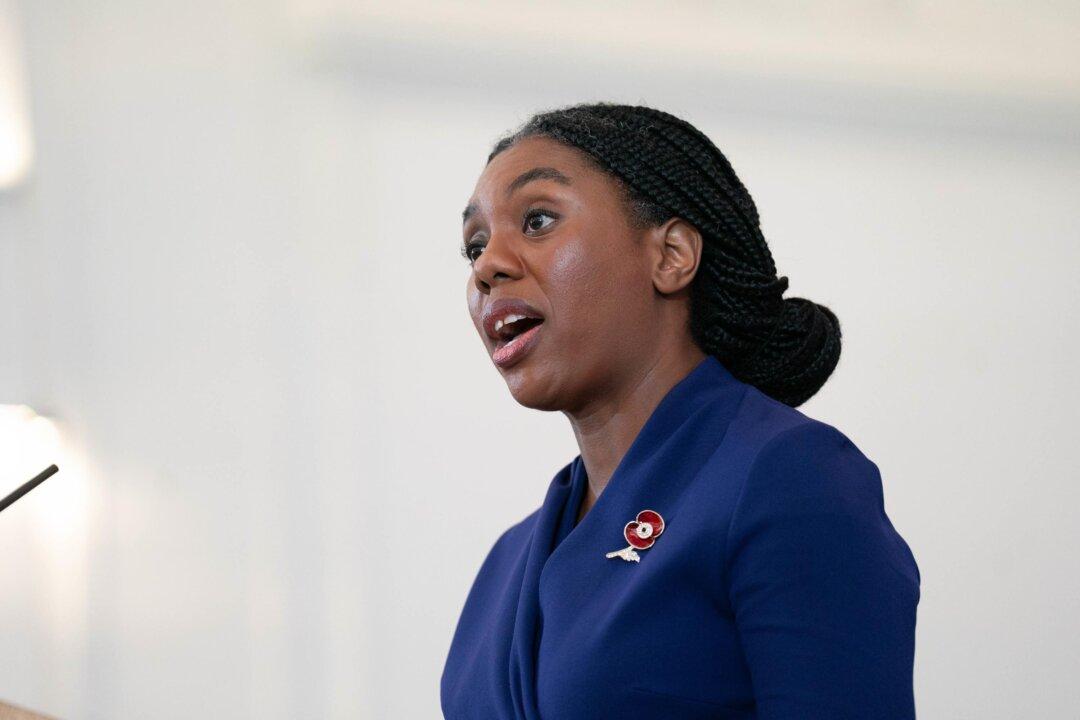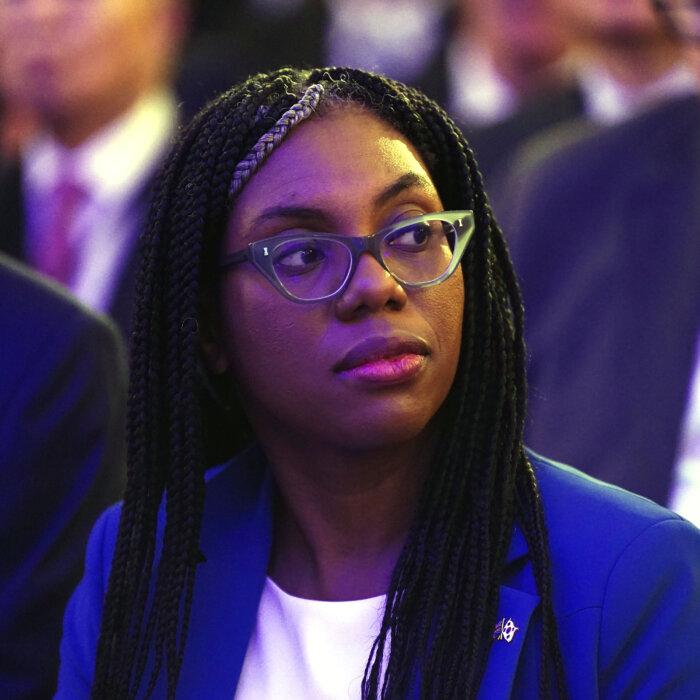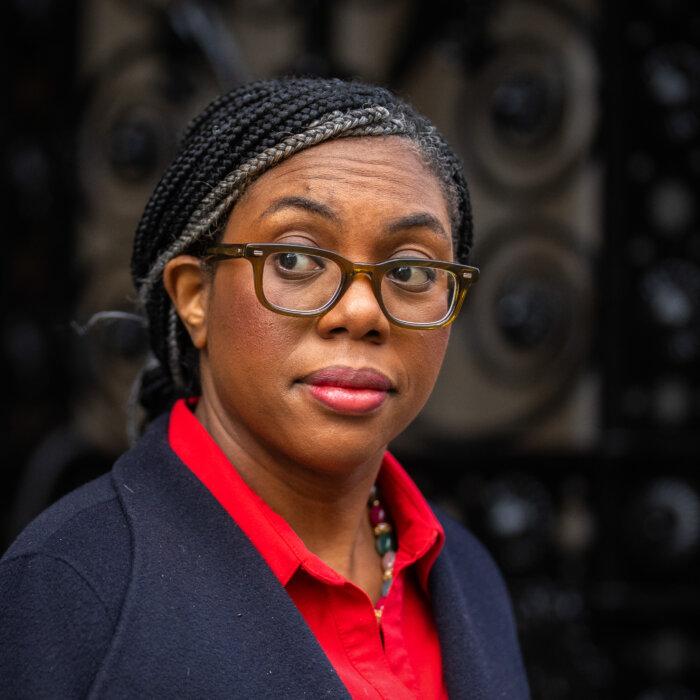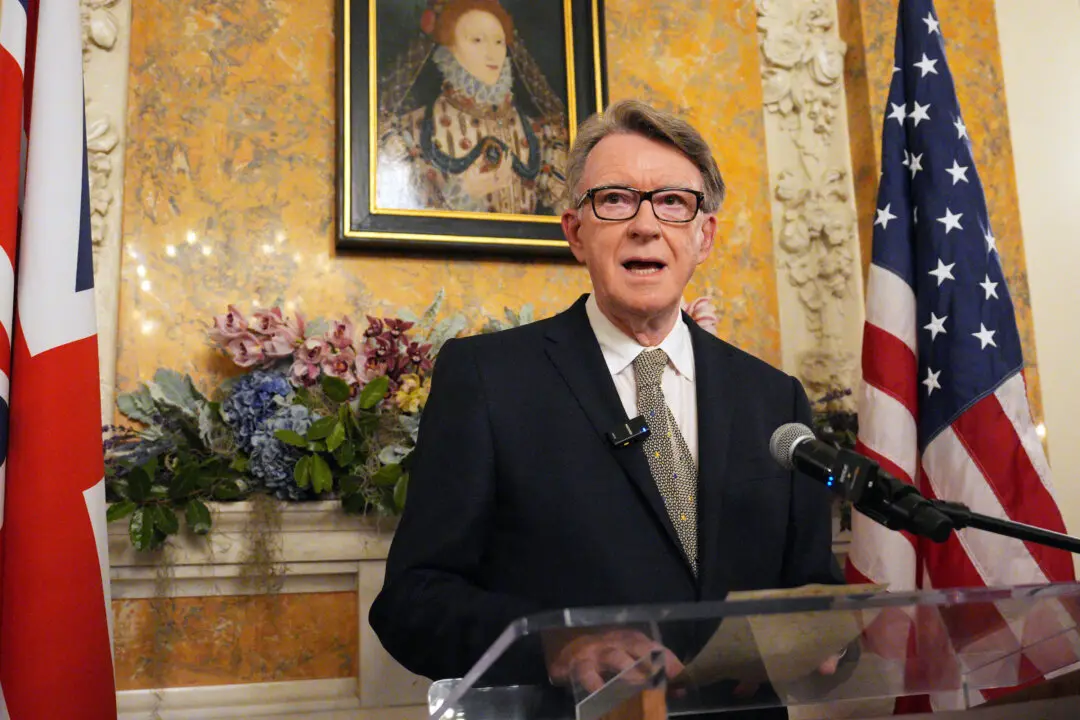The new leader of the Conservative Party, Kemi Badenoch, began appointing her shadow Cabinet on Monday following her weekend victory over Robert Jenrick.
The former business secretary became the official leader of the opposition after securing the backing of her fellow MPs as well as Tory party members.
Badenoch was declared the winner at an event in central London on Saturday, defeating rival Jenrick by 53,806 votes to 41,388 in the members’ vote.
She becomes the first black woman elected to lead a major British political party, and the fourth woman to lead the Conservative Party, following Margaret Thatcher, Theresa May, and Liz Truss.
The North West Essex MP takes over from former Prime Minister Rishi Sunak as party leader and will seek to chart a path back to power for the Tories after their worst defeat in general election history in July.
Time to ‘Tell the Truth’
In a speech following her victory, Badenoch acknowledged that her party’s task was “tough but simple,” saying the Tories had to hold Labour to account and develop a “clear plan” for government.She said: “The time has come to tell the truth, to stand up for our principles, to plan our future, reset our politics and our thinking, and to give our party and our country the new start they deserve.
“It’s time to get down to business, it’s time to renew.”
Both her predecessor Sunak and Prime Minister Sir Keir Starmer congratulated Badenoch on her victory.
Sunak urged the Conservatives to unite behind their new leader, saying: “I know that she will be a superb leader of our great party. She will renew our party, stand up for Conservative values, and take the fight to Labour.”
Starmer said: “The first black leader of a Westminster party is a proud moment for our country.
“I look forward to working with you and your party in the interests of the British people.”
Badenoch was born to Nigerian parents in 1980 in London, but spent most of her childhood in Nigeria and has described herself as “to all intents and purposes, a first generation immigrant.”
A supporter of Brexit, she became an MP in 2017, going on to serve in various junior ministerial roles under Boris Johnson after he became prime minister in 2019.

Opposed to Gender Ideology
Badenoch’s profile rose when she was appointed equalities minister in 2020, becoming known for her outspoken opposition to gender ideology. A net zero sceptic, she was appointed business secretary by Sunak in 2023.She is opposed to the teaching of critical race theory in schools as well as to the promotion of gender ideology to children.
Badenoch is expected to appoint her top team before the first meeting of the shadow Cabinet on Tuesday. She has indicated that the five MPs who contested the race to be Conservative leader will be offered jobs, in a bid to unify a party riven by internal divisions, particularly post-Brexit.
One appointment emerged on Sunday night without an official announcement after acting chief whip Stuart Andrew revealed he was being replaced in that role by Essex MP, Dame Rebecca Harris, who has been a party whip since 2018.
In her first TV appearance since becoming leader, Badenoch told the BBC’s “Sunday With Laura Kuenssberg” that she would tell “hard truths” to the country and her party.
Badenoch confirmed she is opposed to Labour’s policy of introducing VAT on private school fees, labeling it “a tax on aspiration,” and said she thought taxes and borrowing had been too high under the previous Conservative government.
Meanwhile, Labour is facing calls from some quarters to suspend the whip from MP Dawn Butler after she shared a post about Badenoch which described the new Tory leader as a “member of white supremacy’s black collaborator class.”
Butler swiftly deleted her retweet of the post from Nigerian-British author Nels Abbey, which described “Badenochism” as “white supremacy in blackface.”
When asked about the significance of becoming the first black leader of a major political party, Badenoch told the BBC: “The best thing will be when we get to a point where the colour of your skin is no more remarkable than the colour of your eyes, or the colour of your hair.
“We live in a multiracial country and that is great, but we have to work very hard to make sure that it doesn’t become something divisive where people see themselves as being part of groups, rather than all being British.”







